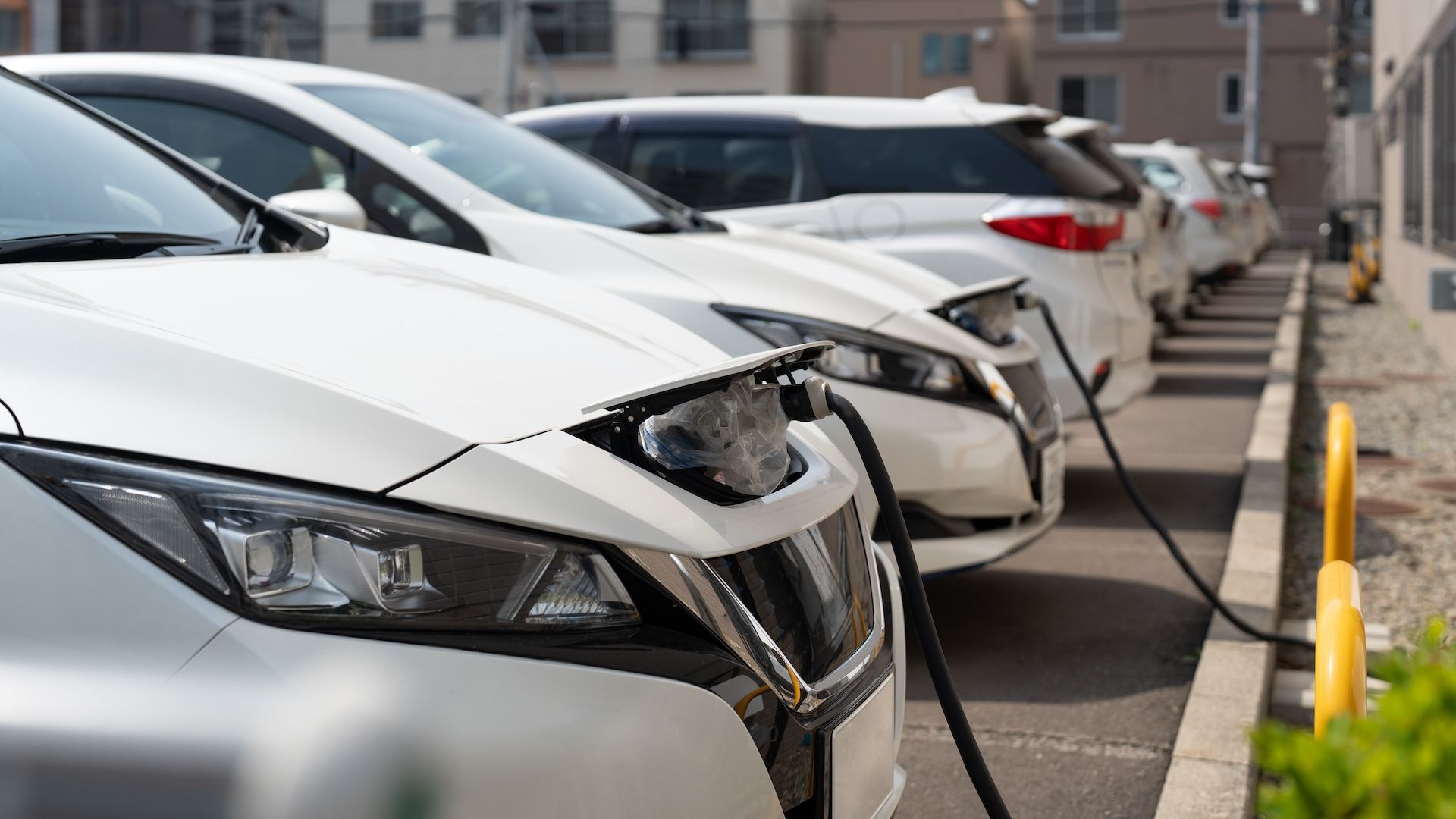
Batteries with "single-crystal electrodes" could power electric vehicles for millions of miles, possibly even outlasting the cars' other components, new research indicates.
.
All batteries gradually deteriorate and lose their capacity to hold energy over time. For instance, after a few years, your phone battery is able to hold less of a charge than it could when you first bought it. Similarly, with electric car batteries, as their capacity to store energy decreases, so does the distance you can travel on a single charge.
Related: How do electric vehicle batteries function, and what impacts their maximum distance they can travel?
.
In the study, which was financed by the electric vehicle manufacturer Tesla and included researchers from Dalhousie University in Nova Scotia, researchers compared the long-lasting single-crystal electrode alongside a more commonly used polycrystalline electrode. The two electrodes are constructed from equivalent materials, but in the polycrystalline electrode, those materials take the form of numerous small particles created from even tinier crystals packed together. In the single-crystal electrode, as the name implies, each particle is made from just a single crystal, which makes them more resistant to mechanical strain.
Bond and his team used high-energy X-rays to peer inside the battery without dismantling it. They discovered that after 2.5 years of prolonged use, the polycrystalline electrode was riddled with minute cracks. These cracks develop as a consequence of the lithium ions within the battery causing the atoms in the electrodes to spread apart, which in turn restricts the amount of energy the battery can store.
In contrast, the single-crystal electrode showed relatively few cracks, even after continuous charging and discharging for six years.
Longer-lasting EV batteries
The battery with the single-crystal electrode had undergone more than 20,000 cycles of recharging and discharging, and still retained some 80% of its original charge capacity. A standard electric vehicle can travel just over 400 kilometres on a single charge, which suggests that this particular battery has a shelf life equivalent to doing so about five million times. To put this in perspective, typical batteries in electric vehicles today can only be expected to last for about 322,000 kilometres before needing to be replaced.
"We thoroughly require these vehicles to extend their lifespan, since the longer they're used, the greater their positive impact on carbon emissions reduction will be," Bond said in the statement.
Batteries with single-crystal electrodes are yet to be used in electric vehicles, although they can be bought commercially. Tesla holds patents for similar single-crystal-electrode solutions, with the research team from Dalhousie listed as co-creators of these inventions.
With these advancements allowing batteries to last longer, the battery may eventually outlive other components of an electric vehicle. When this occurs, it's possible for the batteries to find a new purpose in large-scale energy storage systems, as stated by the researchers. There, the batteries would store renewable energy that's currently only intermittently available, such as the power generated by solar panels or wind turbines.
"I believe work such as this highlights just what a dependable choice the new batteries are, hopefully making it easier for companies creating and making use of these batteries to establish long-term plans," Bond said.

